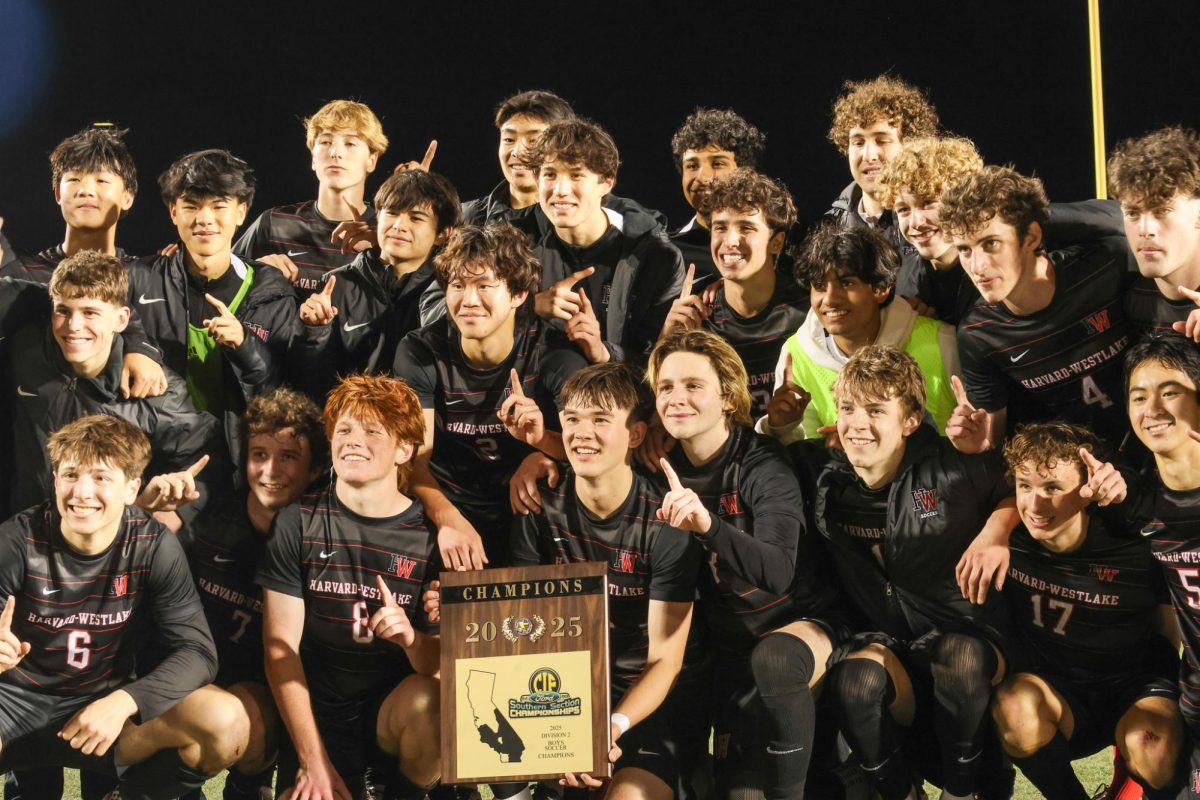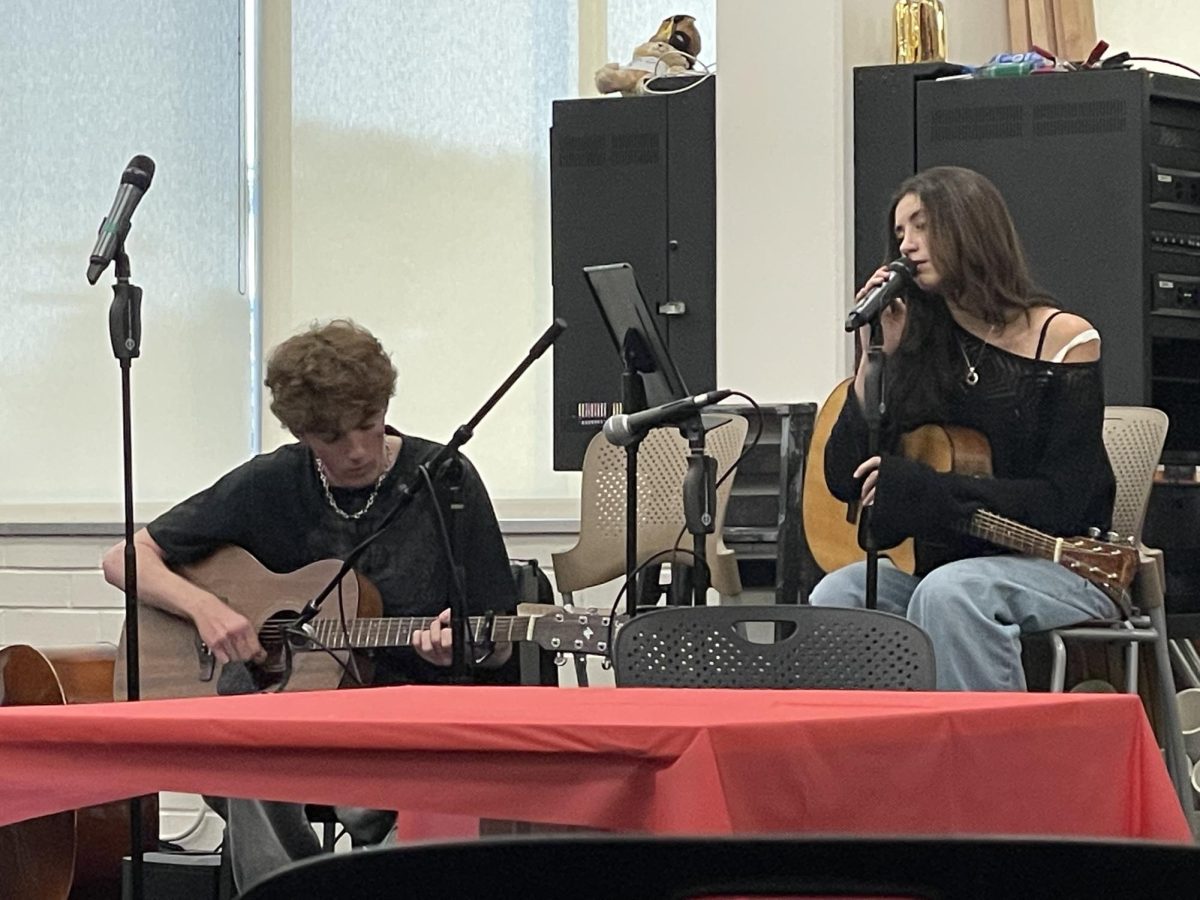Six members of the Harvard-Westlake Junior State of America club participated in the J.S.A. Winter Congress, in which students debated various topics in a mock-Congressional procession during Presidents’ Day Weekend, from Feb. 15 to Feb. 16.
Members of J.S.A. participate in Winter Congress
At the convention, students proposed bills, offered amendments and gave speeches expressing their stances on a variety of topics ranging from gun control to health care. Students acted either as members of the House of Representatives or the Senate and had the opportunity to join whichever party they wished.
Club leader and Director of Chapter Affairs Abraham Gallardo ’20, who identifies as a Marxist, joined the Socialist party at the convention and said that many students chose parties they did not align with so that they could broaden their perspectives.
“A couple of the people in our chapter went to the Libertarian Party Caucus, not because they were Libertarians, but because they didn’t really know what Libertarianism was and wanted to learn about it,” Gallardo said. “Some Republicans joined the Socialist Party Caucus because they wanted to see what Socialists believe instead.”
J.S.A. members learn about party politics through the convention
Club member Justin Goldstein ’22 reflected on his experience going to the J.S.A. Winter Congress, his first J.S.A. convention.
“I met a bunch of really smart kids, and I learned a lot about how our government works,” Goldstein said. “I met a lot of different people who exposed me to arguments I had never heard before.”
Gallardo and club member Will Farhat ’21 drafted a bill to reduce military spending, which received bipartisan support in the mock Congress. Gallardo said other bills they supported did not pass due to party politics.
“There really has to be some kind of compromise, especially in Congress, and stuff sometimes just doesn’t get through,” said Gallardo. “One person who was in support of my bill told me before the committee for my bill came up, ‘Hey, I just went to the Republican Party Caucus, and just letting you know, the Republican Party Caucus was unanimously voting no on this bill.’ From this, we learned that no matter what the bill is, party politics and personal beliefs can often conflict, which is sad to see.”



































